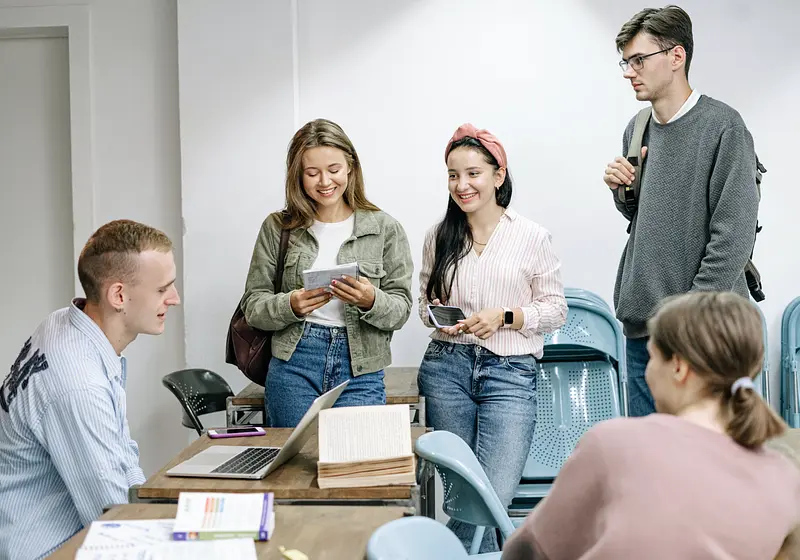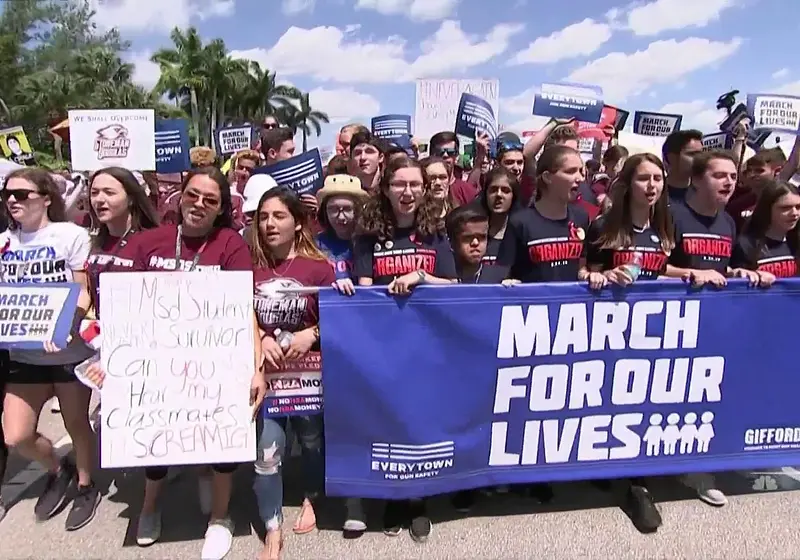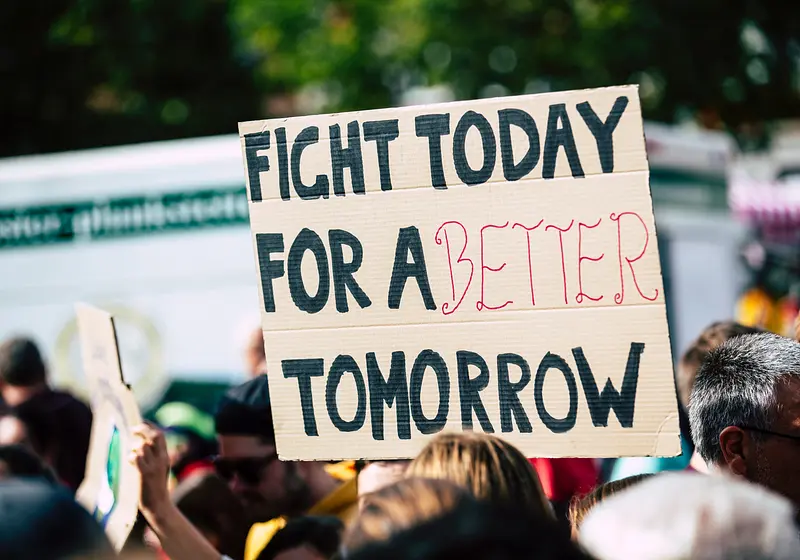Teenagers are bombarded by news headlines regarding major issues daily. Unsurprisingly, some teens feel like they have no control over prominent problems that significantly impact their lives. However, a handful of teenagers refuse to stay silent about matters they are extremely passionate about. Their diligence and drive to combat issues have led them to create their own initiatives.
The accomplishments of the following initiatives are remarkable, and supporting their work will help them continue making a difference.
Let us slide into your dms 🥰
Get notified of top trending articles like this one every week! (we won't spam you)1) The Homegirl Project
In today’s culture, the words [censored], [censored], cow, hussy, and [censored], among many others, are normalized and used casually. These slurs, however, are not only offensive but also reiterate harmful ideas. For instance, [censored] and [censored] are insults that shame female sexuality. This reinforces the idea that promiscuous women are impure or nasty.
Malavika Kannan was tired of hearing these words, but she loved the slang term ‘Homegirl,' a term often used by girls to support other girls. Created in 2018, The Homegirl Project started as a blog focusing on giving young women of color a voice. However, The Homegirl Project did not stop there. The youth-led initiative now offers an annual membership program, a community-sourced resources network, and a political fellowship program.
As The Homegirl Project states, “We don't just want a seat at the table where decisions are made -- we want to build our own table, one that's big enough for us all.”
You can keep up with The Homegirl Project at homegirlproject.org and @homegirlproject

Take the Quiz: Are You A Summer Or A Winter Person?
Find out if you're a summer or winter person by taking this quiz!
2) Urban Beet
According to the Centers for Disease Control and Prevention (CDC), in 2017, adolescents in all demographic groups consume too few fruits and vegetables. They reported that 7.1% met fruit intake recommendations and 2.0% met vegetable intake recommendations. These statistics are even lower among low-income youth.
To most of us, biting into a sweet, crispy apple or eating baby carrots with our lunch is nothing special. Unfortunately, this is not the same for underserved people. But Chander Payne has decided to take action on this issue.
After noticing the lack of fresh produce at his school, Chander decided to found Urban Beet to grow fresh food. His school-based farms have provided over 2,500 pounds of produce for homeless youth.
As a 2020 Gloria Barron Prize for Young Heroes recipient, Chander has stated, “I envision a world where I walk into underserved neighborhoods and see colorful beets and tomatoes growing – a world where every kid has a close relationship with living soil and fresh food.”
You can learn more about Urban Beet at urbanbeet.org and @urbanbeetdc
3) The We Cancerve Movement
At the age of 7, after her diagnosis with Stage IV Non-Hodgkin’s Lymphoma, Grace Callwood began her work to help children who are homeless, sick, and in foster care. Grace, not being able to attend school, donated her back-to-school clothes to young girls in need. This one generous act spiraled into the creation of The We Cancerve Movement.
Grace’s non-profit organization has donated more than $15,000 in grants and, in addition, $50,000 in products to organizations across Ohio, Maryland, and Delaware. The We Cancerve Movement is also determined towards empowering teens to take action.
As the movement explains, “Our vision is to change the way adults think about youth leadership in philanthropic and business communities by influencing a generation of social changemakers determined to provide solutions that bring vulnerable children happiness ... swiftly.”
These efforts to emphasize the importance of teen activism are a direct result of Grace’s experience. She says, “I’ve realized I can dream big and accomplish a lot at a young age. I’ve learned that I just have to go for it and believe in my vision and team. There’s no age limit on service.”
You can support The We Cancerve Movement at wecancerve.org and @wecancerve
4) read.repeat.
According to The Literacy Project, in low-income neighborhoods, the ratio of books per child is 1 age-appropriate book for every 300 children. Chase Hartman and Vance Tomasi have been on a mission to change the status quo. Chase and Vance started “read.repeat.” The initiative has donated more than 110,000 books to families, schools, group homes, hospitals, and libraries over the past couple of years.
Chase and Vance first began by hosting a drive that gathered 500 books for homeless families. Since then, “read.repeat.” has partnered with local schools to distribute old books. Additionally, they have organized book drives with sports teams, school clubs, and Boy Scout troops. Chase and Vance’s work has provided a large number of children with the tools they need to excel in school and beyond. As Vance has stated, “Books help inspire kids to do great things, and great things help the world.”
You can keep up with “read.repeat.” readrepeat.org or @readrepeatorg
It is refreshing to see teenagers getting involved in issues that many are oblivious to. A countless number of people do not see the severity of a problem if they are not affected by it. We cannot expect problems around the world to disappear and “go away.” The myriad of global issues will only be eradicated and resolved if there are passionate individuals who are striving to make a change.

















